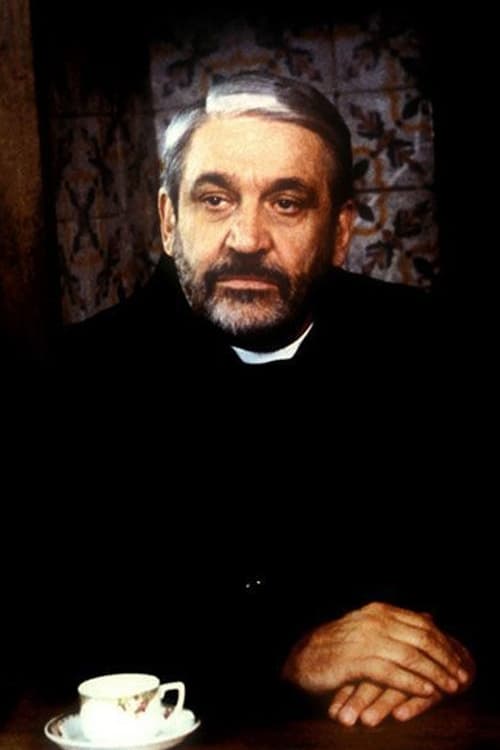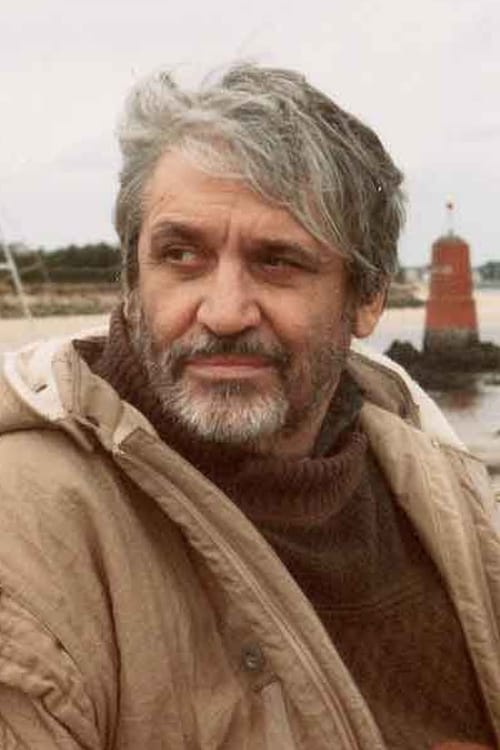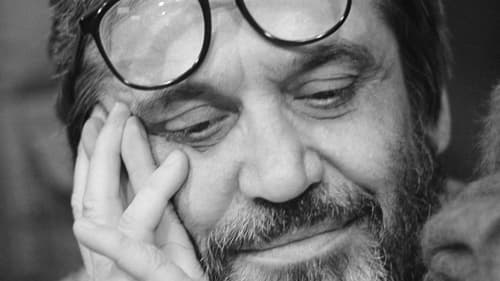
Self (archive footage)
In just ten films, Maurice Pialat painfully rose to the top of the cinema, draining into his legend a mad demand for truth as much as memorable fury to achieve it. With "L'Enfance nue", his first feature film at the age of 43, the filmmaker immediately made his mark, this "art of making things authentic", according to Chabrol. But throughout an unclassifiable filmography in the form of an autobiography, from a break-up to his fatherhood in wonder, through the agony of his mother, the filmmaker does not get rid of the feeling of being misunderstood, despite international recognition.
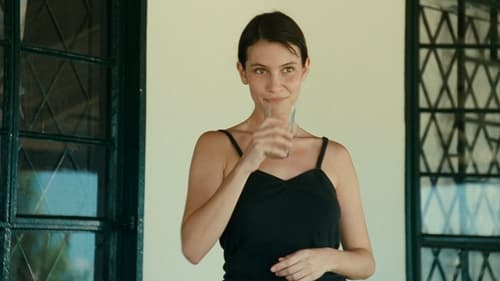
Screenplay
A self-centered man (Gérard Depardieu) with many diversions occasionally visits his 4-year-old son (Antoine Pialat) and the boy's mother (Géraldine Pailhas).

Director
A self-centered man (Gérard Depardieu) with many diversions occasionally visits his 4-year-old son (Antoine Pialat) and the boy's mother (Géraldine Pailhas).
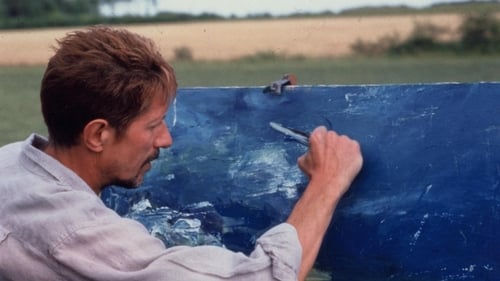
Author
In late spring, 1890, Vincent moves to Auvers-sur-Oise, near Paris, under the care of Dr. Gachet, living in a humble inn. Fewer than 70 days later, Vincent dies from a self-inflicted gunshot wound. We see Vincent at work, painting landscapes and portraits. His brother Theo, wife Johanna, and their baby visit Auvers. Vincent is playful and charming, engaging the attentions of Gachet's daughter Marguerite (who's half Vincent's age), a young maid at the inn, Cathy a Parisian prostitute, and Johanna. Shortly before his death, Vincent visits Paris, quarrels with Theo, disparages his own art and accomplishments, dances at a brothel, and is warm then cold toward Marguerite.

Director
In late spring, 1890, Vincent moves to Auvers-sur-Oise, near Paris, under the care of Dr. Gachet, living in a humble inn. Fewer than 70 days later, Vincent dies from a self-inflicted gunshot wound. We see Vincent at work, painting landscapes and portraits. His brother Theo, wife Johanna, and their baby visit Auvers. Vincent is playful and charming, engaging the attentions of Gachet's daughter Marguerite (who's half Vincent's age), a young maid at the inn, Cathy a Parisian prostitute, and Johanna. Shortly before his death, Vincent visits Paris, quarrels with Theo, disparages his own art and accomplishments, dances at a brothel, and is warm then cold toward Marguerite.
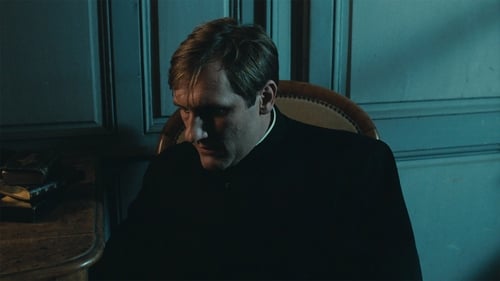
Writer
Satan tempts Father Dossignan, who is trying to save the soul of a young girl who killed one of her lovers.

Menou-Segrais
Satan tempts Father Dossignan, who is trying to save the soul of a young girl who killed one of her lovers.

Director
Satan tempts Father Dossignan, who is trying to save the soul of a young girl who killed one of her lovers.
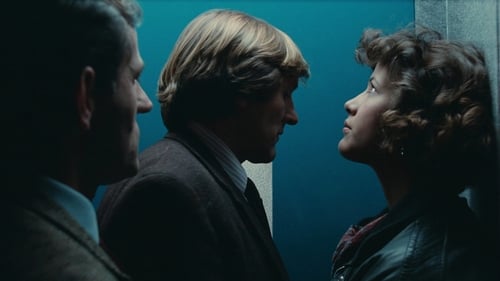
Screenplay
Mangin, a police inspector in Paris, leans hard on informants to get evidence on three Tunisian brothers who traffic in drugs. He arrests one, Simon, and his girl-friend Noria. Simon's brothers go to their lawyer. He springs Noria, who promptly steals 2 million francs that belong to the Tunisians. They suspect her of the theft; her life as well as the lawyer's is in danger. Meanwhile, Noria is playing with both the lawyer and Mangin's affections. Mangin is mercurial anyway: intimidating and bloodying suspects, falling for a police commission trainee before flipping for Noria, wearing his emotions on his sleeve. Can he save the lawyer and Noria, and can he convince her to love?

Director
Mangin, a police inspector in Paris, leans hard on informants to get evidence on three Tunisian brothers who traffic in drugs. He arrests one, Simon, and his girl-friend Noria. Simon's brothers go to their lawyer. He springs Noria, who promptly steals 2 million francs that belong to the Tunisians. They suspect her of the theft; her life as well as the lawyer's is in danger. Meanwhile, Noria is playing with both the lawyer and Mangin's affections. Mangin is mercurial anyway: intimidating and bloodying suspects, falling for a police commission trainee before flipping for Noria, wearing his emotions on his sleeve. Can he save the lawyer and Noria, and can he convince her to love?

Le réalisateur
A César award winning short film about a young actress who has to disguise her pregnancy bump in order to keep working.
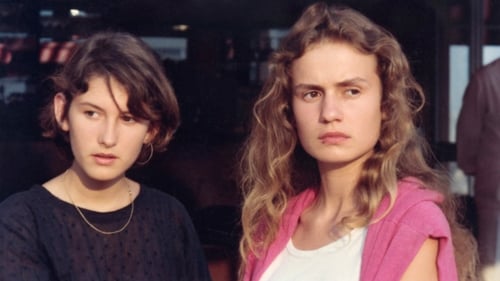
Le Père
Fifteen-year-old Suzanne seeks refuge from a disintegrating family in a series of impulsive, promiscuous affairs. Her fulsome sexuality further ratchets up the suppressed passions of her narcissistic brother, insecure mother and brooding, authoritarian father.

Screenplay
Fifteen-year-old Suzanne seeks refuge from a disintegrating family in a series of impulsive, promiscuous affairs. Her fulsome sexuality further ratchets up the suppressed passions of her narcissistic brother, insecure mother and brooding, authoritarian father.

Director
Fifteen-year-old Suzanne seeks refuge from a disintegrating family in a series of impulsive, promiscuous affairs. Her fulsome sexuality further ratchets up the suppressed passions of her narcissistic brother, insecure mother and brooding, authoritarian father.

Narrator
TV series directed by Varda in which she gives thoughts to her favorite images and why she is drawn to them (in short one minute segments per image)

N°236
Reel 24 of Gérard Courant’s on-going Cinematon series.

Writer
Nelly, a restless young woman abandons her bourgeois friends and a steady relationship for the unemployed wild, leather-clad bad boy Loulou, whose charms include focusing his energy into sex.

Director
Nelly, a restless young woman abandons her bourgeois friends and a steady relationship for the unemployed wild, leather-clad bad boy Loulou, whose charms include focusing his energy into sex.
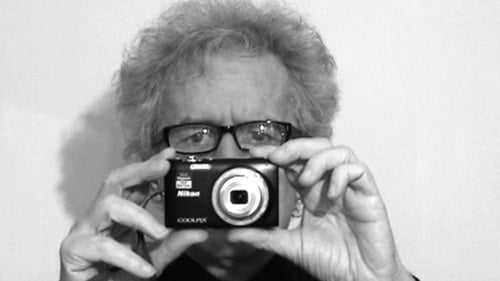
N°236
Cinématon is a 156-hour long experimental film by French director Gérard Courant. It was the longest film ever released until 2011. Composed over 36 years from 1978 until 2006, it consists of a series of over 2,821 silent vignettes (cinématons), each 3 minutes and 25 seconds long, of various celebrities, artists, journalists and friends of the director, each doing whatever they want for the allotted time. Subjects of the film include directors Barbet Schroeder, Nagisa Oshima, Volker Schlöndorff, Ken Loach, Benjamin Cuq, Youssef Chahine, Wim Wenders, Joseph Losey, Jean-Luc Godard, Samuel Fuller and Terry Gilliam, chess grandmaster Joël Lautier, and actors Roberto Benigni, Stéphane Audran, Julie Delpy and Lesley Chatterley. Gilliam is featured eating a 100-franc note, while Fuller smokes a cigar. Courant's favourite subject was a 7-month-old baby. The film was screened in its then-entirety in Avignon in November 2009 and was screened in Redondo Beach, CA on April 9, 2010.
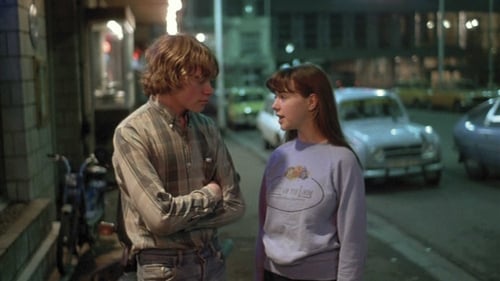
Producer
A slice of life of a group of young working class friends in a Northern French village coming to the end of their school years and embarking upon adult life. The film follows the choices and decisions made for their futures.

Writer
A slice of life of a group of young working class friends in a Northern French village coming to the end of their school years and embarking upon adult life. The film follows the choices and decisions made for their futures.

Director
A slice of life of a group of young working class friends in a Northern French village coming to the end of their school years and embarking upon adult life. The film follows the choices and decisions made for their futures.

The tool seller
In a deliberately erratic and disjointed fashion, this film follows the adventures of Bernard (Jean-Pierre Leaud). A young man from the provinces, he makes his pilgrimage to Paris and seeks adventure while living on a barge.
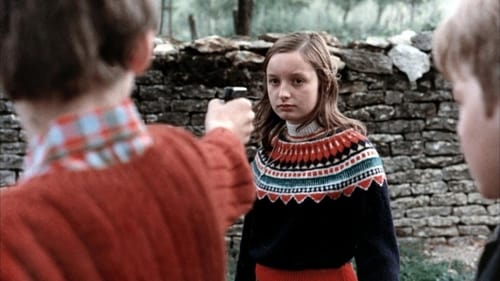
Ami d'Henri
A study of minor events in the adolescence of a boy growing up in small towns. Daniel lives with his grandmother and, after one year of high school, has to go to live with his mother in the south of France. She is a seamstress living in a tiny apartment with her lover Jose, a Spanish farm worker. Daniel would like to continue school, but his mother cannot afford it, so she sends him to work as an apprentice in a moped repair shop. Daniel wiles away his time in the shop, and learns about girls from the other boys in town. When he returns to visit his grandmother next year, it is obvious that he has grown up faster than his old friends.
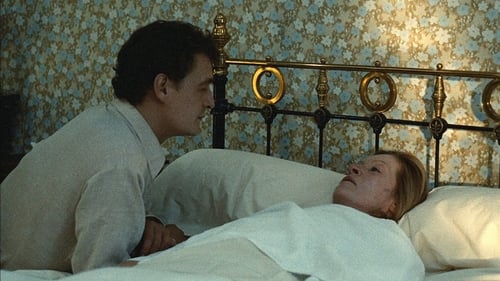
Writer
Monique is dying of cancer, lying in bed in the apartment above the store her family owns. Her philandering husband carries on with life, her son remains aloof, and her daughter-in-law wonders if she is witnessing her own decline. They all struggle to express, or feel, their love for one another.

Director
Monique is dying of cancer, lying in bed in the apartment above the store her family owns. Her philandering husband carries on with life, her son remains aloof, and her daughter-in-law wonders if she is witnessing her own decline. They all struggle to express, or feel, their love for one another.
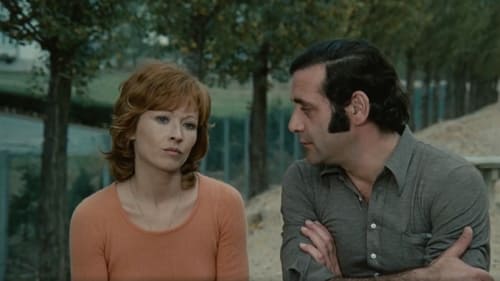
Executive Producer
Jean, a married 40-year-old filmmaker, and his young working class lover, Catherine, engage in a circular series of spectacular blow-ups and tentative reunions, their mutual desire a fire that burns them again and again.

Screenplay
Jean, a married 40-year-old filmmaker, and his young working class lover, Catherine, engage in a circular series of spectacular blow-ups and tentative reunions, their mutual desire a fire that burns them again and again.

Novel
Jean, a married 40-year-old filmmaker, and his young working class lover, Catherine, engage in a circular series of spectacular blow-ups and tentative reunions, their mutual desire a fire that burns them again and again.

Director
Jean, a married 40-year-old filmmaker, and his young working class lover, Catherine, engage in a circular series of spectacular blow-ups and tentative reunions, their mutual desire a fire that burns them again and again.
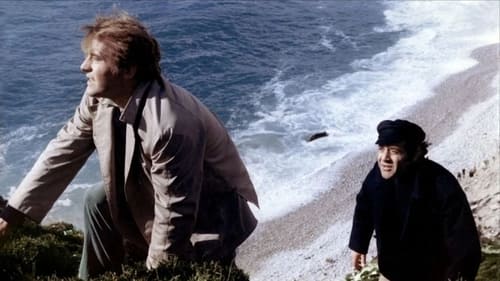
Inspecteur Constant
When his young son is killed in a hit and run accident, Charles Thenier resolves to hunt down and murder the killer. By chance, Thenier makes the acquaintance of an actress, Helène Lanson, who was in the car at the time of the accident. He then meets Helène’s brother-in-law, Paul Decourt, a truly horrible individual.
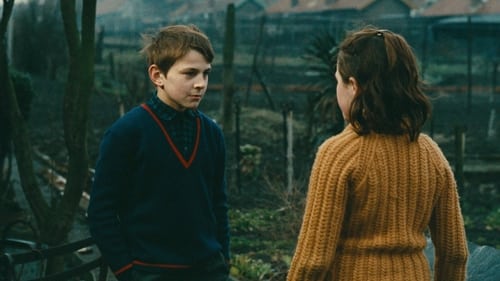
Writer
Handed over to foster care by his mother—who's unwilling to give up permanent custody—the now-adolescent François understands that nothing in life is permanent, and his increasingly erratic actions reflect this knowledge.

Director
Handed over to foster care by his mother—who's unwilling to give up permanent custody—the now-adolescent François understands that nothing in life is permanent, and his increasingly erratic actions reflect this knowledge.

Interviewee
Documentary about the making of Maurice Pialat's 1969 film "L'Enfance nue" (Naked Childhood).

Writer
A short 6-minute essay-documentary by Maurice Pialat on the region in which much of the action of Nous ne vieillirons pas ensemble unfolds.

Director
A short 6-minute essay-documentary by Maurice Pialat on the region in which much of the action of Nous ne vieillirons pas ensemble unfolds.

Director
A quick look at Auvers-sur-Oise, the place where Vincent Van Gogh spent the final months of his life and where he and his brother were both buried. Produced as part of the "Chroniques de France" TV series.

One of four film sketches on the problems of adolescents facing the adult world in the 1960s. The three other sketches were directed by Michel Brault, Hiroshi Teshigahara, and Gian Vittorio Baldi.

Writer
Pehlivan focuses on a three-day wrestling competition, an ancient tradition that dates back over a thousand years to the time of the Ottoman Empire, originating in the games the soldiers would play to entertain themselves in between battles. Maybe that's why there's more than a hint of homoeroticism in the way the wrestlers oil themselves up with grease, making sure to cover every inch of their bodies so that their opponents will be unable to get a grip. Pialat's closeups emphasize the men's muscular bodies jammed together and sliding off one another, posed in intimate, twisted arrangements, struggling desperately for a grip on each other's bodies. Arms are jammed down pants, one of the only places there's some potential for a handhold, and the whole thing is very suggestive and sensual, a form of intimate male contact that's sanctioned as a show of strength and masculinity.

Director
Pehlivan focuses on a three-day wrestling competition, an ancient tradition that dates back over a thousand years to the time of the Ottoman Empire, originating in the games the soldiers would play to entertain themselves in between battles. Maybe that's why there's more than a hint of homoeroticism in the way the wrestlers oil themselves up with grease, making sure to cover every inch of their bodies so that their opponents will be unable to get a grip. Pialat's closeups emphasize the men's muscular bodies jammed together and sliding off one another, posed in intimate, twisted arrangements, struggling desperately for a grip on each other's bodies. Arms are jammed down pants, one of the only places there's some potential for a handhold, and the whole thing is very suggestive and sensual, a form of intimate male contact that's sanctioned as a show of strength and masculinity.

Director
Maître Galip is the most poetic and powerful of Pialat's Turkish Chronicles, using the poems of Nazim Hikmet to accompany a series of evocative images of ordinary working class people in Istanbul. This was the film that Pialat himself claimed was the most complete realization of what he was aiming for with his Turkish documentaries. It's not difficult to see why this was his favorite: here he abandons the historical commentary and documentary observation of the other shorts in favor of an emotional emphasis on the lives of the poor and the unemployed.A short doc by Maurice Pialat.

Director
La Corne d'or is mostly concerned with religious ritual, examining the mosque (and former cathedral) discussed in Byzance. As a contrast against Istanbul's status as a center of historical religious conflict, Pialat — drawing here on texts by the French poet Gérard de Nerval — also describes the city as a place of strange ethnic and religious harmony, with representatives of various cultures and religions living in close contact. He emphasizes the city's hybrid culture, its blend of Southern European and Arab influences, reflected in both its people and its very construction.

Director
All of Pialat's Turkish films are uniquely interested in the country — especially Istanbul — as it was, not just as it is at the precise moment that Pialat is filming it. History informs these films in a big way, with the voiceover narration (which incorporates excerpts from various authors) introducing tension between the images of the modern-day city and the descriptions of incidents from its long and rich history. Istanbul is probably the most conventional documentary of Pialat's Turkish series, providing a general profile of the titular city, its different neighborhoods, and the different cultures and ways of living that coexist within its sprawling borders. As the other films in the series also suggest, Pialat sees Turkey, and Istanbul in particular, as a junction point between Europe and the East, between the old and the new, between history and modernity.

Director
Byzance uses a text by Stefan Zweig to describe the Ottoman conquest of the city in 1453. Before he turned to feature filmmaking in 1968 with Naked Childhood, Pialat worked on a series of short films, many of them financed by French television. Byzance is one of Pialat’s six Turkish shorts.

Director
Short doc by Maurice Pialat. The first film in the series set at Turkey, Bosphore, is also the only one that was shot in color.

Director
Two men are disappointed by women and united by a whore

Director
An essay film critiquing post-war France's urban developments- Pialat states that modernity and suburban convenience have limited Parisian freedom and widened class gaps.

Writer
Impressive sound design, non-linear editing, great ‘expressionistic’ locations and b&w cinematography, this is an experimental piece for Pialat, a psychological/gothic thriller of sorts...

Director
Impressive sound design, non-linear editing, great ‘expressionistic’ locations and b&w cinematography, this is an experimental piece for Pialat, a psychological/gothic thriller of sorts...

Assistant Director
An American sculptor, passioned by literature, comes to Paris to perfect his art, but ends up with barely no money, and to survive has to sell The New York Herald Tribune, at night, to his compatriots. A look at the bohemian Parisian life of the fifties.

Writer
An early comedic short by Maurice Pialat.

Director
An early comedic short by Maurice Pialat.

Director
Short doc by Maurice Pialat.

Director
Pialat's first film was the 8-minute short Isabelle aux Dombes, shot in 1951 when the director was 26 years old. The film is an entirely silent montage of documentary footage, ragged experimental techniques — mainly some negative-image inserts — and symbolic psychodrama that's surprisingly not too different from the work that Stan Brakhage would begin making just a year or two later. Images of death proliferate throughout the film, and what started as a loose documentary soon becomes an eerie psuedo-horror piece that's obsessed with death and decay. (FilmAffinity)
